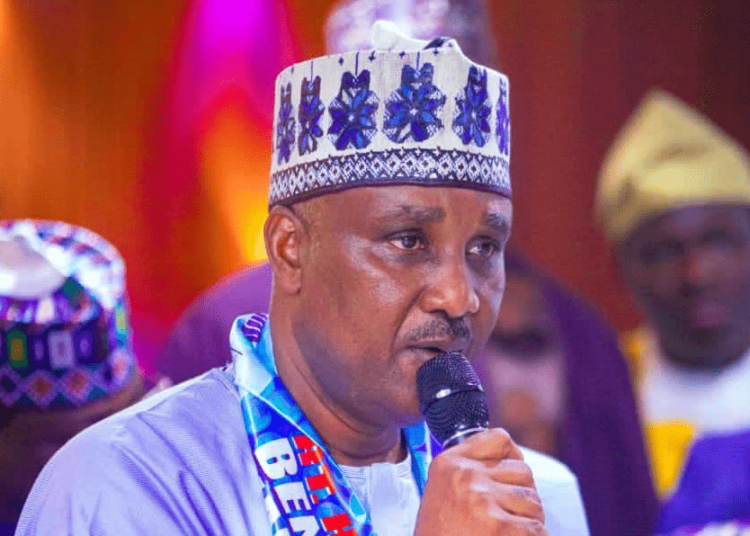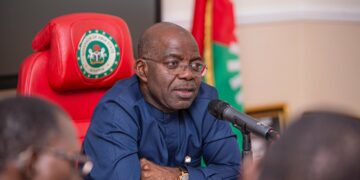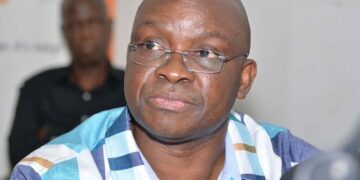The Speaker of the House of Representatives, Hon. Abbas Tajudeen, has declared that the reforms introduced by President Bola Tinubu since his assumption of office have been working in Nigeria’s favour for its development.
Speaker Abbas, who noted that the reforms “have been tough but necessary,” added that “they require patience” and “demand sacrifice.”
He said Tinubu’s reforms have brought about “gradual stabilisation of exchange rates, improved fiscal discipline, growth in agriculture, better revenues for states, and a return of investor confidence,” adding that, “these improvements show that the path we are on is the right one.”
The speaker made this statement during the presentation of utility vehicles to some traditional rulers in the southern part of Nigeria, in Lagos, on Sunday, which he facilitated through the Small and Medium Enterprises Development Agency of Nigeria (SMEDAN).
Abbas, in a statement by his special adviser on media and publicity, Musa Krishi, reiterated that the “interventions were not acts of convenience,” but “a recognition of the indispensable contributions of our traditional leaders to peacebuilding, conflict mediation, religious harmony, cultural preservation and community development.”
“We remain firmly convinced that the cultural and traditional pillars of Nigeria must be supported, respected, and empowered because a stable nation begins with strong, trusted institutions at the grassroots.
“These vehicles are not gifts of comfort. They are tools for duty. They enhance the mobility and effectiveness of leaders who remain the first and most trusted point of contact for millions of our citizens.
“Traditional rulers are essential for conflict resolution, local intelligence, community mobilisation, and cultural stability. When they lack mobility, their ability to respond to emergencies, support development initiatives, and liaise with the government is limited. Enhancing their capacity is, therefore, a strategic investment in peace, order, and grassroots governance.
“Stable and credible traditional institutions are not a luxury. They are essential pillars of national cohesion. Supporting them does not compete with investments in schools, hospitals, or infrastructure. On the contrary, our action reinforces those investments by ensuring that communities are stable, organised, and receptive to development.
“More importantly, our intervention aligns fully with the Renewed Hope Agenda of President Bola Ahmed Tinubu, which places strong institutions and community-rooted leadership at the heart of national renewal,” he noted.
Abbas stated that it is in recognition of the critical role traditional rulers play that the National Assembly is pursuing a constitutional amendment to define and protect such a role.
He stated that the Tinubu administration shares the conviction that traditional institutions are critical to the country’s development, which is why the President has consulted with royal fathers across the country.
The speaker emphasises the need to protect the gains already achieved as Nigeria can not afford to reverse its progress, noting, “The reforms underway must be completed, consolidated and carried forward beyond 2027. This requires unity of purpose and consistent leadership.





